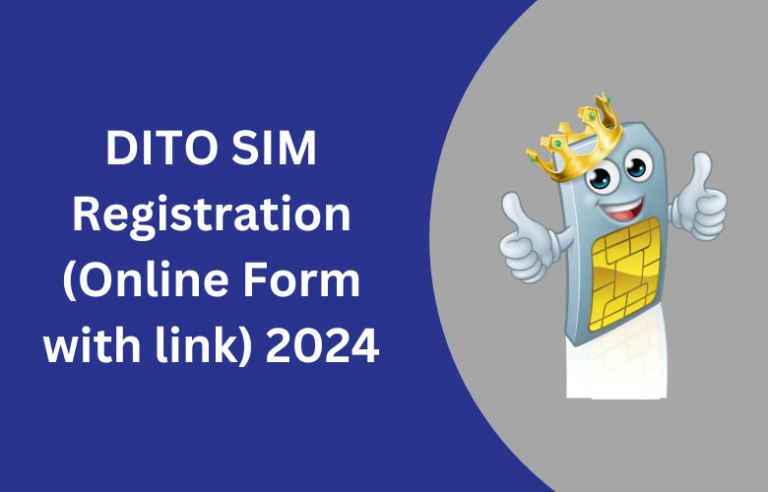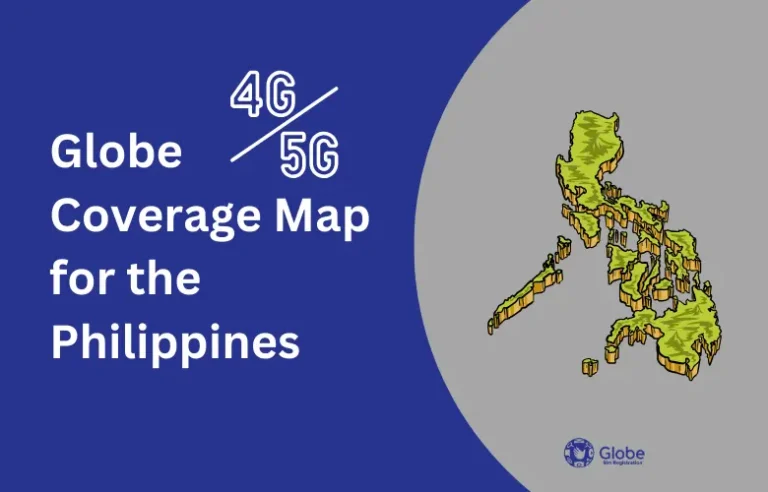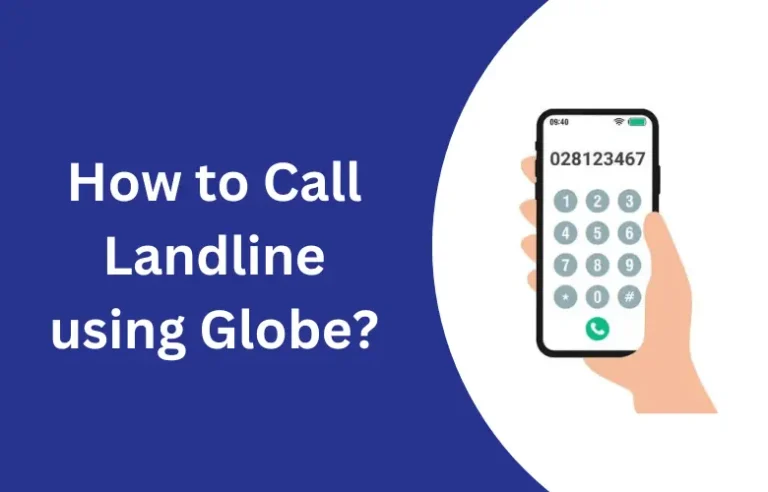SIM Registration Act [ Republic Act No. 11934 ]
In the Philippines, a new law called the SIM Registration Act, or Republic Act No. 11934, has been put into place to help reduce crime. This law requires you to register your SIM card with your phone provider. By doing this, you help ensure that all phone numbers are linked to real people, which can make it easier for authorities to track down those who use phones for illegal activities.
If you don’t register, you might lose access to your SIM card and the phone services it provides. This step aims to make everyone’s phone experience safer and more secure.
What is the SIM Registration Act 11934?
The SIM Registration Act 11934 is a law that says you need to register all your SIM cards, whether they are prepaid or postpaid before you can use them. This rule applies to both new and existing SIM cards. The main idea behind this law is to make sure that people are responsible for how they use their phones and to help police track down anyone who uses phones for illegal activities.
Why Was It Implemented?
This law was made to:
- Prevent Cyber Crimes: Stop problems like mobile hacking and spam messages.
- Combat Online Issues: Tackle problems like online bullying, spreading false information, and hate speech.
- Help Law Enforcement: Give police a way to trace SIM cards used in crimes.
Every mobile phone user in the Philippines must register their SIM cards because of this law.
What Happens if You Don’t Register?
If you don’t register your SIM card by the deadline, it will be automatically turned off. You can still get it working again later by registering, but there might be a short delay. This rule helps ensure that everyone follows the law and keeps their phone services active.
You should also check: 0904, 0905, 0906, 0915, 0916, 0917, 0926, and 0927 What Network?
Registration Process
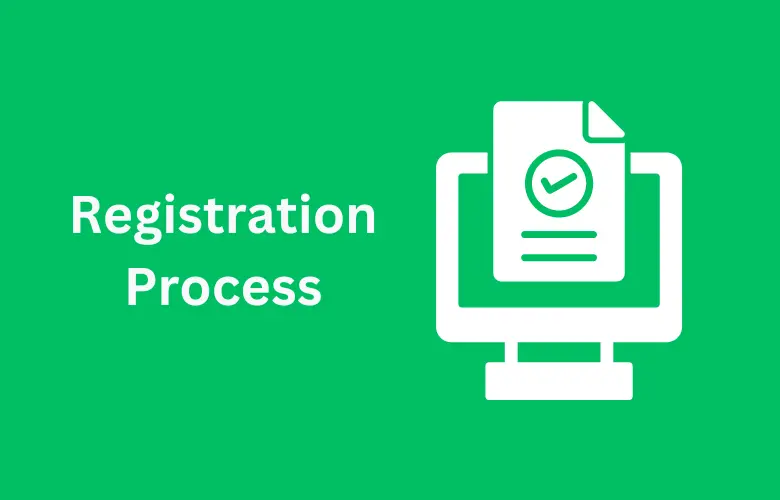
For Postpaid Subscribers
If you have a postpaid phone plan, you’re usually already on file with your telecom company because you’ve shared your details with them before. During the registration period, you might just need to confirm that the information they have is still correct.
For Prepaid Subscribers
If you use a prepaid phone plan, you’ll need Globe Sim registration through an online portal provided by your telecom company. The registration process usually involves entering your personal details and taking a selfie. This helps confirm your identity and ensures your information is linked to your SIM card.
NTC SIM Card Registration Under the SIM Registration Act
In the Philippines, the SIM Registration Act 11934 says everyone, whether they have a prepaid or postpaid plan, needs to register their NTC SIM cards. This registration is done online through platforms provided by mobile companies like Globe. When you register, you’ll need to provide your full name, date of birth, address, and a valid government ID.
The National Telecommunications Commission (NTC) wants to make it clear that this registration is free. The main goal is to help prevent crimes that involve mobile phones by making it easier to track who is using each SIM card.
Conclusion
The SIM Registration Act 11934 is an important step towards making phone use safer in the Philippines. By requiring everyone to register their SIM cards, the law aims to cut down on phone-related crimes and make it easier for authorities to find those who misuse their phones. While it might be a small hassle, it’s a crucial move to protect everyone and improve security.

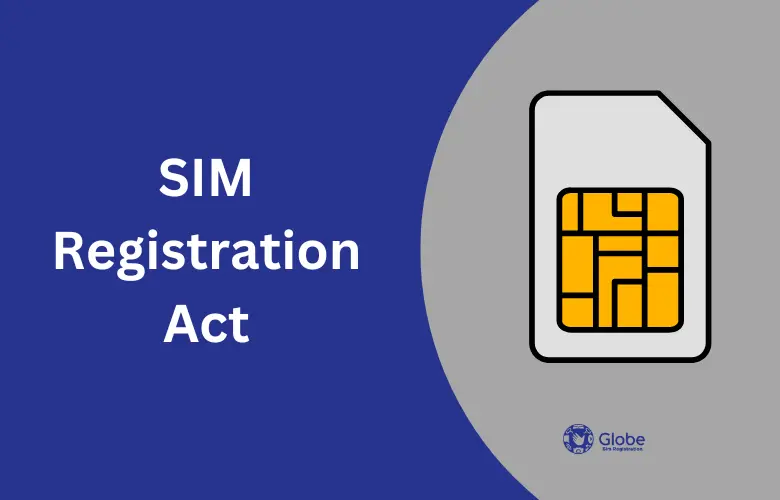
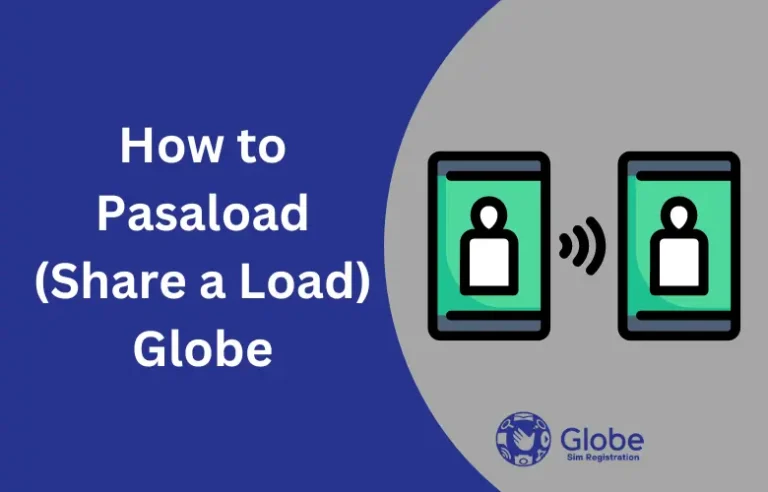
![Globe At Home Prepaid Wifi [Ultimate Guide]](https://globesimregistration.com.ph/wp-content/uploads/2024/08/TNT-Sim-Registration-Online-with-Link-2024-8-1-768x492.webp)

